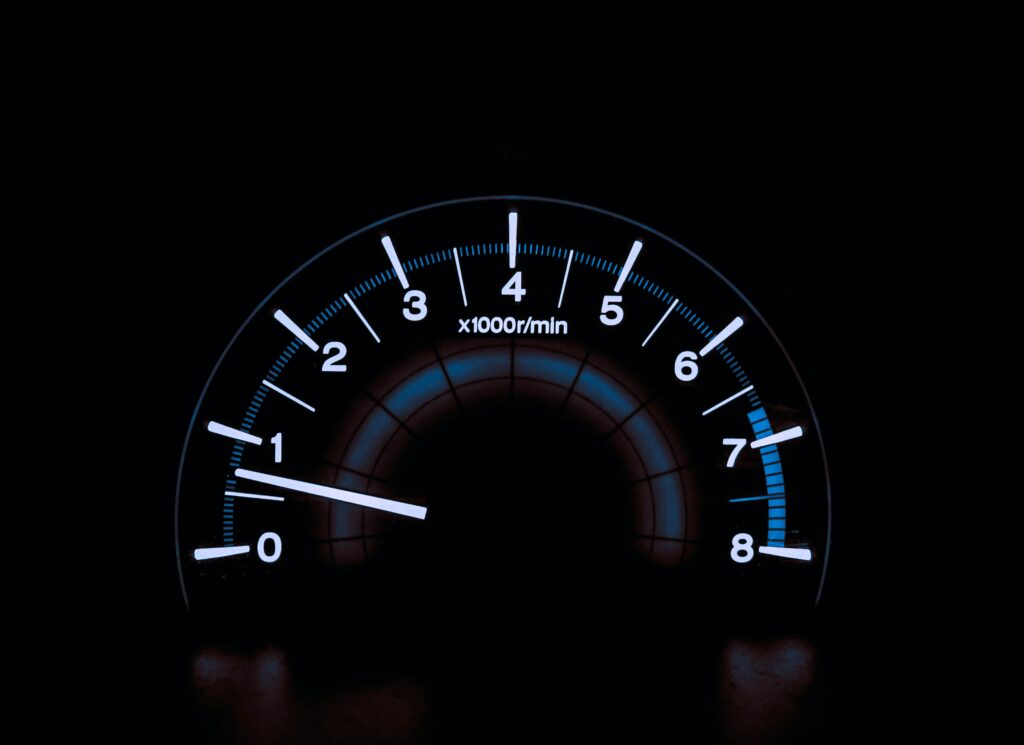In this article, we will explore the various factors that can lead to the failure of an exhaust system in your vehicle. You will learn about common causes such as corrosion, damage from road debris, and wear and tear over time. We will also discuss the impact of poor maintenance and the importance of regular inspections. By understanding these causes, you will be better equipped to identify potential issues and take the necessary steps to ensure the longevity of your exhaust system.

Introduction
Your vehicle’s exhaust system plays a crucial role in the overall functionality of your car. It is responsible for routing harmful gases away from the engine and reducing noise pollution. However, like any other vehicle component, the exhaust system is susceptible to wear and tear over time. In this article, we will explore the various factors that can lead to exhaust system failure and the potential consequences that may arise.
Normal Wear and Tear
Effects of high temperatures
One common cause of exhaust system failure is exposure to high temperatures. Over time, the repeated heating and cooling cycles can cause the pipes and components to degrade. This can lead to cracks, leaks, and ultimately, the failure of the exhaust system.
Corrosion and rust
Exposure to moisture, road salt, and other environmental factors can accelerate the process of corrosion and rusting. This can weaken the integrity of the exhaust system, resulting in holes and leaks.
Vibration and stress
The constant vibration and stress experienced by the exhaust system during operation can lead to fatigue and failure of the pipes and connections. Road conditions, such as potholes and speed bumps, can exacerbate this issue and cause further damage.
Excessive Engine Heat
Lack of coolant
A lack of coolant or inadequate cooling system maintenance can lead to overheating of the engine. The excessive heat generated can then propagate to the exhaust system, causing damage to the pipes and components.
Faulty thermostat
A malfunctioning thermostat can disrupt the proper regulation of engine temperature. If the thermostat fails to open and close as needed, it can result in the engine running hotter than usual, increasing the risk of exhaust system failure.
Malfunctioning radiator
The radiator plays a vital role in dissipating heat from the engine. If the radiator is not functioning correctly, it can lead to excessive engine heat and subsequently impact the exhaust system’s health.
Engine Misfires
Spark plug issues
Faulty spark plugs can cause misfires in the engine, resulting in unburnt fuel entering the exhaust system. This can create excessive heat and put additional stress on the exhaust components.
Fuel injector problems
Malfunctioning fuel injectors can contribute to engine misfires and cause an imbalance in the fuel-to-air ratio. This can lead to incomplete combustion and the release of unburnt fuel into the exhaust system, potentially damaging it over time.
Faulty ignition system
A faulty ignition system can disrupt the spark plug’s ability to create a consistent and powerful spark. This can lead to engine misfires, which in turn can negatively impact the exhaust system’s integrity.

Leaking Gaskets
Damaged exhaust gasket
Exhaust gaskets serve as seals between different sections of the exhaust system. If these gaskets become damaged or worn, they can develop leaks, allowing exhaust gases to escape and potentially causing further damage to the system.
Leaking manifold gasket
The manifold gasket seals the connection between the exhaust manifold and the engine block. If this gasket becomes damaged or worn, it can lead to exhaust gas leakage, resulting in potential problems for the exhaust system.
Cracked or worn-out flange gasket
The flange gasket ensures a secure connection between the different components of the exhaust system. If this gasket becomes cracked or worn-out, exhaust gas leaks can occur, compromising the system’s functionality.
Catalytic Converter Failure
Contaminated or overheated catalyst
The catalytic converter is responsible for reducing harmful emissions by converting them into less harmful substances. However, if it becomes contaminated or overheated, it can lead to a decrease in efficiency or even complete failure of the converter.
Oxygen sensor malfunction
The oxygen sensor monitors the oxygen levels in the exhaust gases and provides feedback to the engine control unit. A malfunctioning oxygen sensor can lead to an incorrect fuel-to-air ratio, potentially damaging the catalytic converter and other components of the exhaust system.
Carbon buildup
Over time, carbon can accumulate on the surface of the catalytic converter. This buildup can restrict the flow of exhaust gases and hinder the converter’s ability to function properly, ultimately leading to its failure.

Physical Damage
Hitting potholes or speed bumps
Driving over potholes or speed bumps at high speeds can cause significant impact and stress on the exhaust system. This can result in bent or damaged pipes, loose connections, and even punctures, increasing the risk of failure.
Accidents or collisions
In the event of an accident or collision, the exhaust system can sustain severe damage. The impact can cause dislodgment, bending, or even complete detachment of the exhaust components, rendering the system ineffective.
Driving on rough terrain
Frequent driving on rough terrain, such as off-road trails or uneven surfaces, can subject the exhaust system to constant vibrations and stress. This continuous exposure can weaken the system’s integrity over time, potentially leading to failure.
Conclusion
Your vehicle’s exhaust system plays a crucial role in maintaining its overall performance and safety. Understanding the potential causes of exhaust system failure allows you to take proactive measures to prevent issues before they escalate. Regular maintenance, proper cooling system management, and attentive driving can all contribute to prolonging the life of your exhaust system and ensuring a smooth and efficient driving experience.
